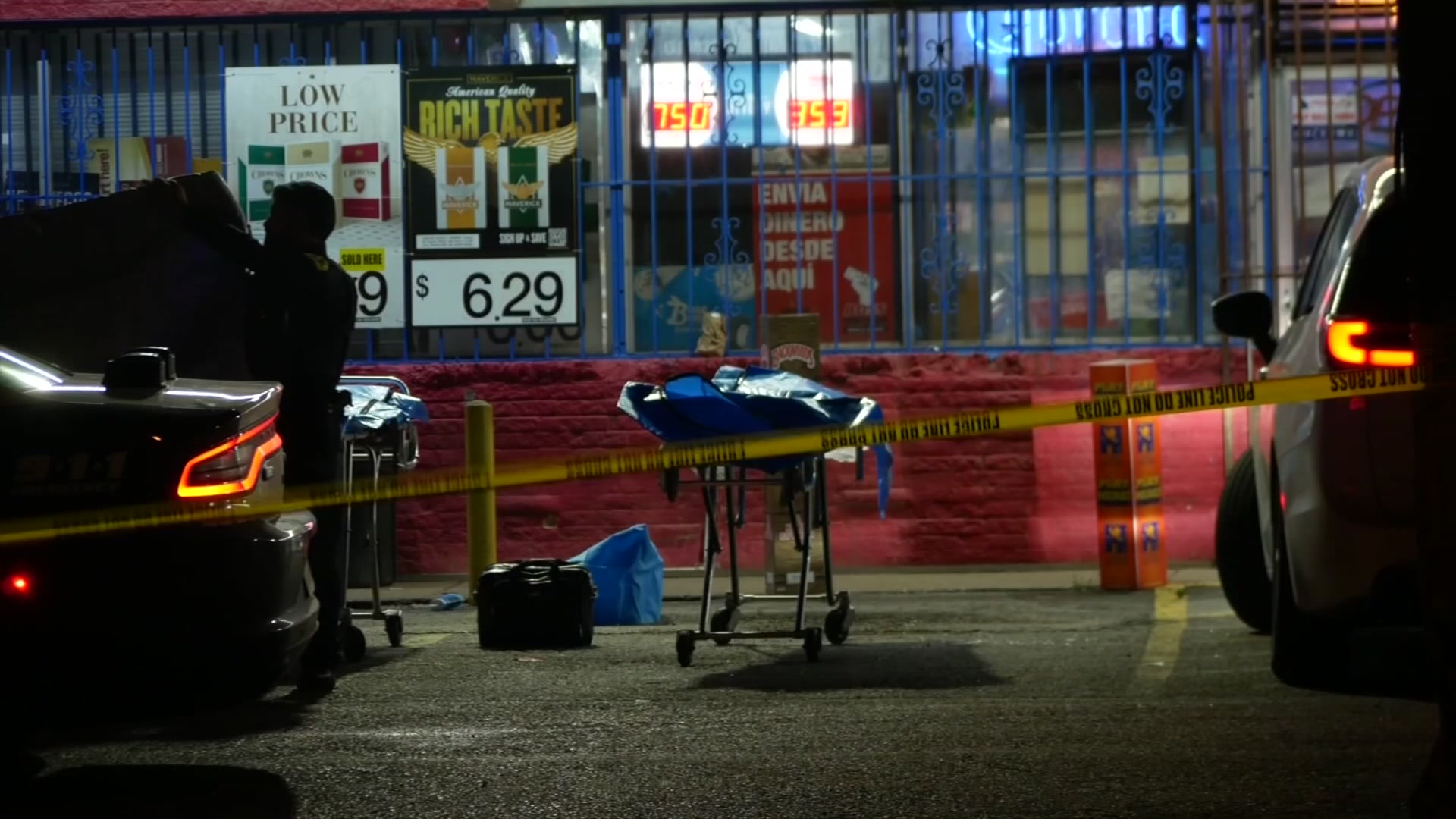If a soundtrack of life was created for a former settlement along Farm-to-Market Road 2067, the sounds recorded would be crickets, an occasional moo, wind whistling through trees and overgrown grass and the roar of a passing oil field truck.
The Victoria Advocate reports tucked quietly away between U.S. 87 and U.S. 183, the town of Cheapside is mostly desolate.
"There's really not much out there anymore, except for the church and the people who live on the ranches surrounding the area," said Sandra Wolff, a Gonzales County historian. "It's pretty much a ghost town."
Cheapside may be an unofficial ghost town in Gonzales County, as county officials aren't exactly sure of the current population of the town. The population of Cheapside stood at 150 in 1904 but declined during the middle years of the century, and from 1972 to 1989, a figure of 31 was regularly recorded, according to the Gonzales County Historical Commission.
Local Crossroads residents will even go as far as to say that Cheapside is the personification of the term "ghost town."
But those who grew up in and around Cheapside will wave their hands at the paranormal notion and say that though the town is mostly empty, it is a place filled with memories of small-town living.
According to the Gonzales County Historical Commission textbook, Cheapside was settled by families originally from England in the mid-1800s. The town was named after a famous old street in London, with the front part of the word, "cheap," taking after the English word for market.
Local
The latest news from around North Texas.
Like most small Texas towns, Cheapside was an agricultural hub for cotton and livestock. Cheapside had a broom factory, three stores, a drugstore, a gin, a mill, a hotel, a blacksmith shop, a butcher shop, saloons, a post office, lodge halls and a stage, according to Gonzales County archives. There was once a school in the town, and by the 1950s, the Cheapside school consolidated with the Cuero school district.
The church, which was used as a community church, has been used by out-of-town congregations and is still used for ceremonies, such as funerals.
Though there are a few residents who live near the former center of the town, most of those who lived in the town during its heyday have either moved or are buried down the road at Bellevue Cemetery.
Yoakum resident Garlan Weber spent a good amount of his childhood in Cheapside. His uncle, Earl Freeman, had a one-stop-shop in the town; it was a butcher shop, a meat market, a gas station and a post office. Every morning, Weber said, men of the town would gather at the store and chat.
The store has been demolished for several years, Weber said, but he can remember the quirks of the former establishment, such as the tree stump of a butcher's block and city visitors.
Weber, 74, said, "Grass-fed beef was popular then, as it is now. And people would drive in from Houston for that beef."
Weber's uncle and aunt Eula Freeman lived across the street from the store. The backyard of the home had sand, he said, and his aunt would sweep the sand every day. She also had several rose bushes and a large tree. Weber and a friend spent hours playing in the backyard.
Eventually, the home was sold to someone else, Weber said, and the home has since deteriorated, just like some of the other buildings left standing.
But not all buildings have been left standing. Some buildings and homes were demolished after being left behind, and former residents say the now-demolished buildings had to be destroyed because outsiders kept breaking in after articles about the town were published in major newspapers in Texas.
Marge Kacir, of Cuero, grew up in Cheapside and has pleasant memories of growing up in a rural town. She remembered the two maids, Hattie and Mary Woods, of one of the homes in the town, and how the maids would call the town store whenever they needed an item for cooking, and the item would be ready for pickup that day.
"That was the way the town was -- everyone looked out for each other," Kacir said.
Weber said he visits the town at least every few weeks, and he'll look out at the former home of his aunt and uncle and reminisce. Though the bones of the town are all that's left of the center of the town, those who lived in the town hold onto the memories of family, friends and neighbors.
"The people out there were so loving, and I never heard of anyone ever fussing or fighting in Cheapside. It was all a good place for families and kids," Weber said.



